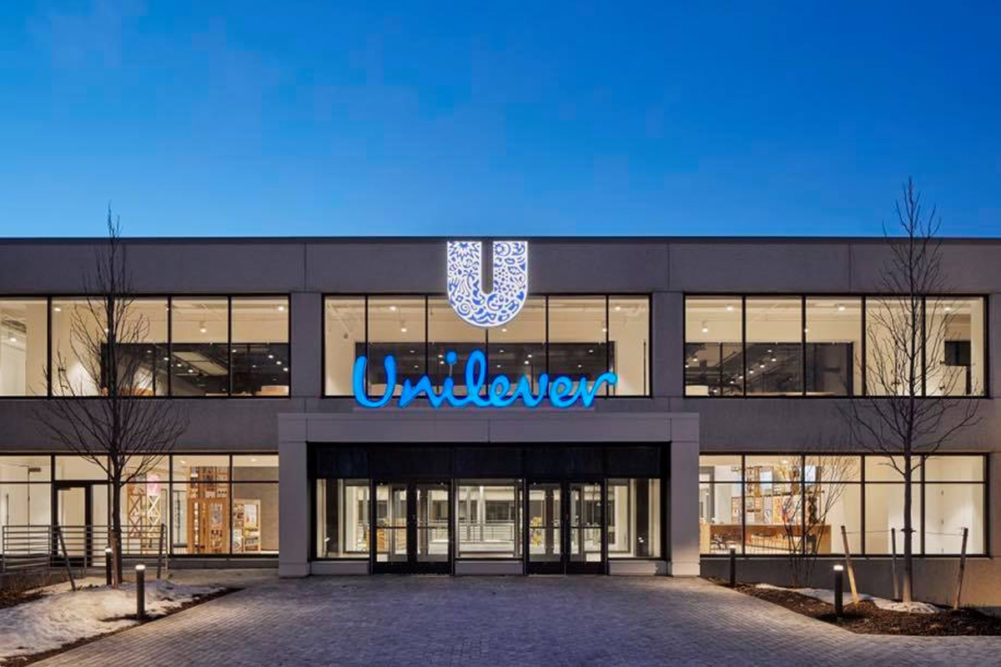LONDON – A strong first-half financial performance by Unilever was overshadowed by commodity inflation and its impact on the company’s outlook for the rest of the year.
First-half sales rose 5.4% to €25.8 billion ($30.3 billion) when compared to the first half of 2020. Food & Refreshment business unit sales rose 8% during the period to €10.2 billion ($12 billion).
But Unilever’s operating margin fell 100 basis points to 18.8%. It was impacted by investment in brands and input cost inflation, according to the company.
“We stepped up pricing in the second quarter in response to accelerating cost inflation, although inevitably, there is a lag, which is large in some countries, between the cost impacting and prices landing with our customers and consumers,” said Graeme David Pitkethly, chief financial officer. “We remain very focused on stepping up price and delivering the full potential of our savings programs, which are well on track to deliver €2 billion in the full year.”
Inputs of the most concern include crude oil, soybean oil, palm oil and logistics.
“(Soybean oil is) an important ingredient for us in categories such as dressings,” Mr. Pitkethly said. “Soybean oil prices have increased by a further 20% just in the last quarter and are now up 80% versus last year. The increase is driven by increased demand, coupled with a poor US soy crop in 2020.
“The price of palm oil, a key ingredient for our skin cleansing products, is now 70% higher than its long-term average with increased demand and lower harvest yields driving up the price.”
Mr. Pitkethly called the input inflation Unilever is experiencing this year a “rare event.”
“One thing that's different is it doesn't often happen that all the three of our big commodities such as palm oil, crude and soybean oil, all inflate in unison,” he said. “You go up and one goes down, or one stays flat, etc. That's why I think we're seeing, as I'm sure everybody else is, decade highs. But as I said, what's important is we've got the tools and the agility and the ability on the ground to manage it.”
Alan W. Jope, chief executive officer, said Unilever continues to benefit from more consumers cooking at home.
“In the US, for example, 55% of Americans are saying they're cooking more at home now and over 50% say they will continue to do so even in a post-COVID world,” he said. “And the picture globally is that 47% of consumers are saying that they have changed their eating habits.”
Brands that benefited included Kinar, Hellmann’s and the company’s ice cream portfolio.
“Hellmann's grew double digit as it communicated its purpose, To Make Taste, Not Waste, by using dressings for creative cooking that reduces food waste by using leftovers,” Mr. Jope said. “Our vegan variants performed particularly well. And in addition to encouraging consumers to reduce food waste at home, we have committed to halving our food waste in our direct global operations from factory to shelf as quickly as by 2025.”
Additionally, Mr. Jope said ecommerce sales grew 50% in the first half and now makes up 11% of the company’s sales.
“Despite lapping last year's sharp increases in online shopping that starts with pandemic, we do continue to see strong growth for Unilever ahead of the market, and we don't see this trend reversing as we exit the pandemic,” he said.






